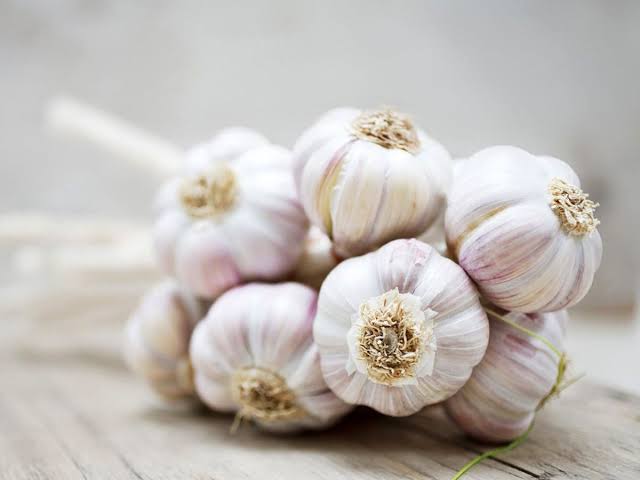Alliumphobia, the fear of garlic, is a relatively uncommon phobia but can significantly impact the lives of those affected. This article explores the causes, symptoms, and coping mechanisms for managing this unique phobia.
Understanding Alliumphobia:
Alliumphobia is an irrational and persistent fear of garlic. Individuals with this phobia may experience intense anxiety or panic attacks when exposed to garlic or even the thought of it. This fear can manifest in various ways, from avoiding restaurants that serve garlic-infused dishes to refusing to enter grocery stores where garlic is sold.
Symptoms and Impact:
Symptoms of alliumphobia can vary in severity, ranging from mild discomfort to debilitating anxiety. Physical reactions such as sweating, rapid heartbeat, trembling, and nausea are common when confronted with garlic. The fear of garlic can also interfere with daily life, making it challenging to socialize, dine out, or even cook at home.
Causes of Alliumphobia:
The exact causes of alliumphobia are not fully understood, but like other specific phobias, it may develop as a result of a combination of genetic, environmental, and psychological factors. Traumatic experiences involving garlic, such as a severe allergic reaction or a negative encounter with garlic-related odors, can contribute to the development of this phobia.
Treatment Options:
Treatment for alliumphobia typically involves cognitive-behavioral therapy (CBT), which helps individuals identify and challenge irrational thoughts and beliefs about garlic. Exposure therapy, where the individual is gradually exposed to garlic in a controlled environment, can also be effective in desensitizing them to their fear. Additionally, relaxation techniques such as deep breathing and mindfulness meditation may help alleviate symptoms of anxiety.
Tips for Coping with Alliumphobia:
Avoidance strategies: While avoiding garlic entirely may not be practical, individuals with alliumphobia can take steps to minimize their exposure, such as choosing garlic-free foods and dining at restaurants with garlic-free options.
Seek support: Joining a support group or seeking guidance from a therapist who specializes in treating specific phobias can provide valuable encouragement and assistance in managing alliumphobia.
Gradual exposure: Gradually exposing oneself to garlic in controlled situations, under the guidance of a therapist, can help desensitize the individual to their fear over time.
Conclusion:
Alliumphobia may be a rare phobia, but it can have a significant impact on the lives of those affected. By understanding the causes and symptoms of alliumphobia and implementing effective coping strategies, individuals can learn to manage their fear of garlic and regain control of their lives. With patience, support, and guidance, it is possible to overcome alliumphobia and live a fulfilling and garlic-free life.
Source – common – phobias.com



